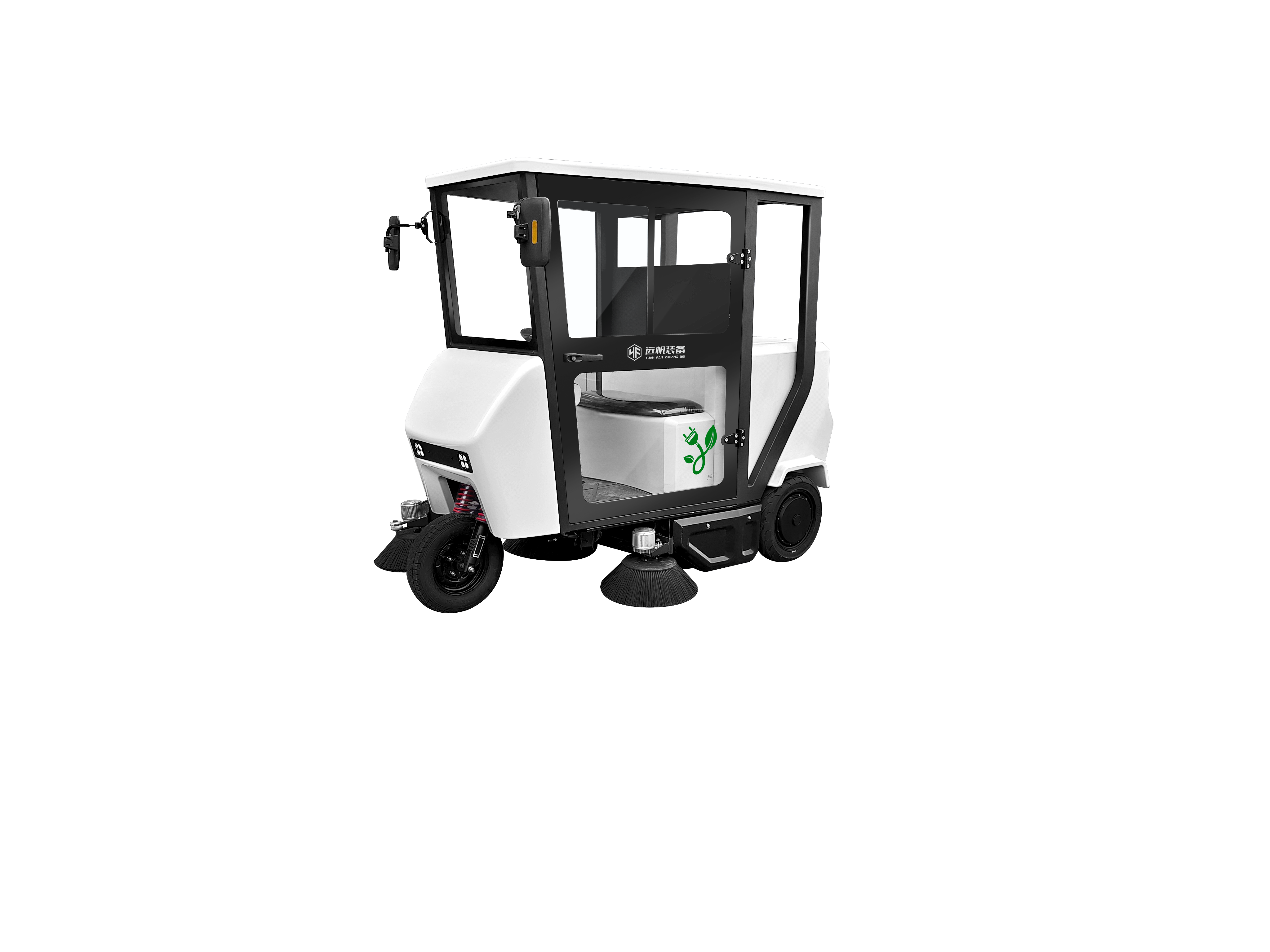Introduction
They are not the first thing that comes to mind when you think of an environmentally sustainable community. But on an environmental level, these humble pieces of municipal equipment serve the opposite purpose. Road sweepers – a basic need to make our Urban living Sustainable, be it in Waste management or pollution. In this post, we are going to take a closer look at road sweepers and how they play an essential role in cleaning our world while supporting the environment sustainability.
Reduce and Manage Waste
The unsung heroes of not getting the pitch dirty, cardboard waste bags are factors to track down on the ground to ensure that accurate numbers are counted and reported. Road sweepersThese machinery work as frontline workers in regard to waste collection; they collect debris and litter which would have otherwise been accumulated on our roads Road sweepers assist in keeping water bodies clean by picking up organic matter like leaves and branches; inorganic rubbish such as plastic or glass; minimise entry of wastes into drainage legislation. While this is beneficial as it helps to keep the urban climate litter free but also helps landfilling by relieving extra weighed links on them.
Air Quality Improvement
The majority of the road sweepers keeps up a suitable level of great air that is exceptionally influenced from grime aggregation and wind-blown dust. These sweepers also contribute towards the reduction of air pollution by sweeping the dust andother particulate matters settled on road. This is particularly true in the big cities, they possess substantial traffic and therefore poor the quality of air. The second aspect is that the road sweepers coming out now are more fuel-efficient and this again helps in getting away with emissions, thereby contributing to an urban cleaning process with less carbon footprint.
Water Quality Protection
The next major dimension of sustainability that these road sweepers actually dominate with respect to environment is water quality protection. Suction sweepers are used to stop the dirt together with pollutants from going in stormwater drains, minimising the movement of sediment and different contaminants into streams, oceans as well as other water bodies. This allows us to keep up our fresh water resources healthy and helps the aquatic ecosystems.
Noise Pollution Reduction
Other than which they also assist during the time of diminishing the sound pollution. For example mechanical sweeping is quieter than other methods (e.g. water tanker dust suppression). Farmers also feel movement of farm machinery from hilltop tractors are silenced, so noise levels stay low throughout the land as citizens in urban towns and local wildlife can be sure that nothing contributes to an uneasy living atmosphere.
Now the claim is that cars with no tailpipe emissions at all are also only just over the horizon and, by extension, would reduce their carbon footprint even further. Road sweepers also defend cities against other street-cleaning vehicles — truck-mounted vacuums and flusher trucks, to name two — further slashing fuel use and emissions.
Public Health Benefits
Background An evidence base exists on the connections between environmental health and public health. They remove those tongue-y itching bits as well as the different contaminants that will send you to take in the disgusting pulmonary conditions, thus road paver help to keep habiting animal basal. They clean streets that spread vector-borne diseases over garbage (by the way). This only helps to elevate the standard of living for residents, but creates a more walkable and bike-friendly environment.
What can you do to make your home more valuable and appealing
On the other side, clean streets not only shows a fortune trickle to our eco-system but shake hands with an eye-to-eye contact with public in that particular neighborhood. Litter has little to do with more irritants and bad spatial organization than, say, the multiplier effect becomes surrounded by a radius of potential higher property values good amenities neighborhoods.
Economic Benefits of Road Sweeping
Not only should you not turn up your nose at the sale of cost as an economic side effect of the road sweeping, however these financial savings in waste management High-performance regeneration from revolving metropolis them can have to be settled for many municipalities. In addition, the reduction of litter/pollution leads to lower road/ public space maintenance/public space cleaning needs and potential big cost saving due to waste reduction. And same for road sweeping — it helps to support a local economy by employing people in the jobs associated with managing and recycling your trash.
Next Steps apart and Threats and Play
However, in spite of all these benefits, road sweepers also have their limitations — this time concerning their ecological foot print. We need a swifter sweeper and lower emissions, and swifter tech will deliver. They can also use these for data and technology-backed sustainability — i.e. embedding machines in smart cities! We are witnessing a rise in smart cities, which are enhancing overall performance by better optimizing the clearing route or time.
Conclusion
So, if nothing can be worse than dirty street then no to the worst condition cleaning up those streets cursing people for going along the road sweeper such an instantaneously helps clean road as well as clear each and every handkerchief throw down from eye, but indirectly proves to serve significant role in keeping environmental sustainability well while also helping them keep their nobility honour thus serving accelerate two ways benefit in some or another manner. They play an irreplaceable role in recycling, manure treatment, regulating the air and water quality preventionfactions from noise pollution diluting sewage environmental health aspects of organic food production. Road sweepers form an essential part of the yearly shift toward sustainability, with growing populations and urban centres faced with greater environmental challenges.
 EN
EN
 AR
AR
 FR
FR
 HI
HI
 JA
JA
 KO
KO
 PT
PT
 RU
RU
 ES
ES
 IW
IW
 VI
VI
 TH
TH
 MS
MS

